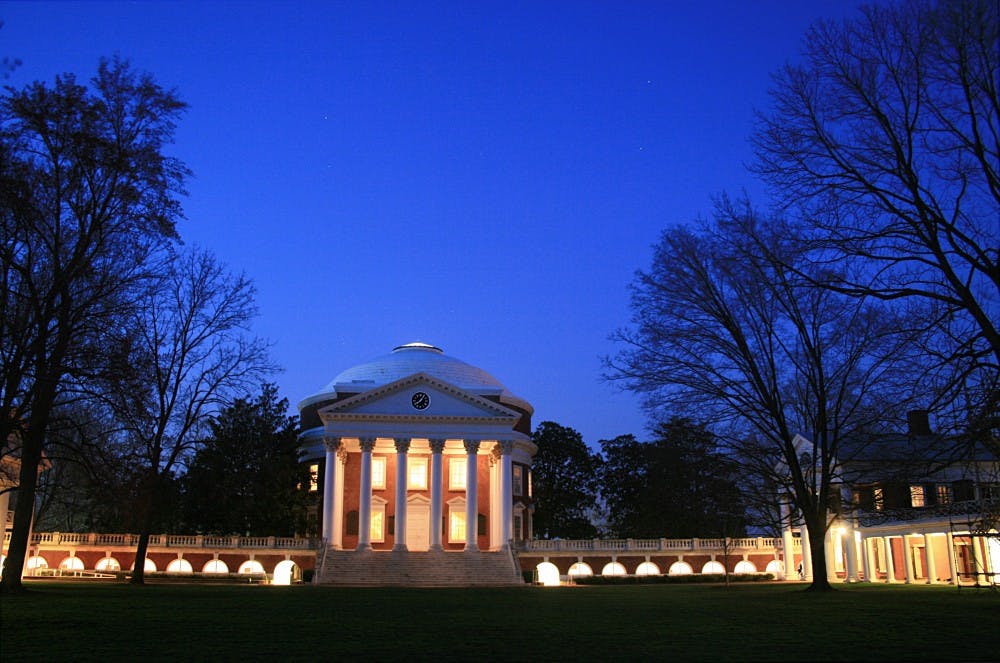As a generally active and engaged student of the University, I’m usually aware of important happenings surrounding the University and I try to be engaged with the surrounding community. Witnessing the tragic events of Aug. 11 and 12 broke my heart, and I, like so many others, was thankful for the outpouring of support from the rest of the nation. The awful actions of Aug. 11 and 12 pushed the conversation of the University’s unsatisfactory history of race relations to the forefront. In many cases, students took the lead in responding to these terrible events, ultimately driving the rhetoric. Students possess another incredible opportunity to shape the narrative surrounding the University’s history — this time driven by the calendar, and not by a few bad actors. The University’s Bicentennial Celebration is kicking off on Oct. 5, and will continue for the next two years. Students should get involved with the celebration to better understand the University’s history and shape its future.
From my admittedly limited vantage point, the Bicentennial has received remarkably little student attention. As I write this, I am not aware of any of my friends who have tickets to this Friday’s kickoff, much less any that are extremely excited. The Cavalier Daily — an imperfect but informative indicator of student’s interest in an event — has featured only 11 articles with Bicentennial in the title. This is a fraction of the number of articles addressing issues surrounding the events of Aug. 11 and 12. To be clear, I am not saying that this is a bad phenomenon, for the events must be addressed now. However, there is no reason that the Bicentennial cannot be used as a platform for a discussion of the University’s whole history. The dark, hate-filled march on the Lawn is now a part of the University’s history, and it ought to be treated as such.
The Bicentennial Programming includes events meant to contextualize the University’s history — to view it both from the lens of the past and the future. It discusses the role of the University in today’s world and addresses its successes along with its failures. This is occurring concurrently with the selection of a new president, who has vowed to focus on listening to the community before starting his term. It provides a platform to honor what is true, noble, right, pure and admirable about the University — and there is much to appreciate. It also brings an opportunity to examine the long-overlooked relationship between the University and slavery. In a student body so recently incited to action on these issues, the silence surrounding the Bicentennial is deafening.
The vision of the Bicentennial is a “celebration of UVA’s achievements, a recognition of the imperfections of its past, and a visualization of its future.” The community needs a correct view of the past now more than ever, and the Bicentennial seeks to provide that. Students should be involved in celebrating the genius of the University while condemning its shortcomings, appreciating its past while understanding its weaknesses. If the Bicentennial is to prepare the University to survive another 200 years, students must participate in the conversation. This platform for appreciation and recognition of the University’s past comes at a unique time, and the students cannot miss out. The University is actively seeking participation — will students answer the call?
Connor Fitzpatrick is an Opinion columnist for The Cavalier Daily. He can be reached at opinion@cavalierdaily.com.







